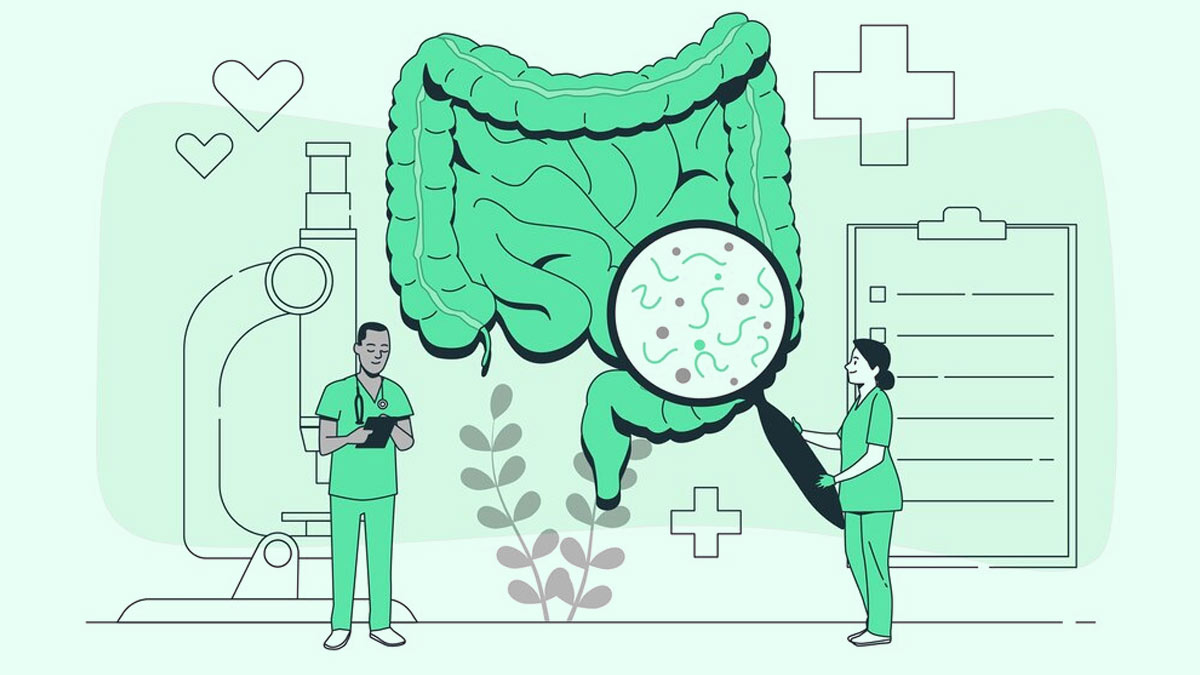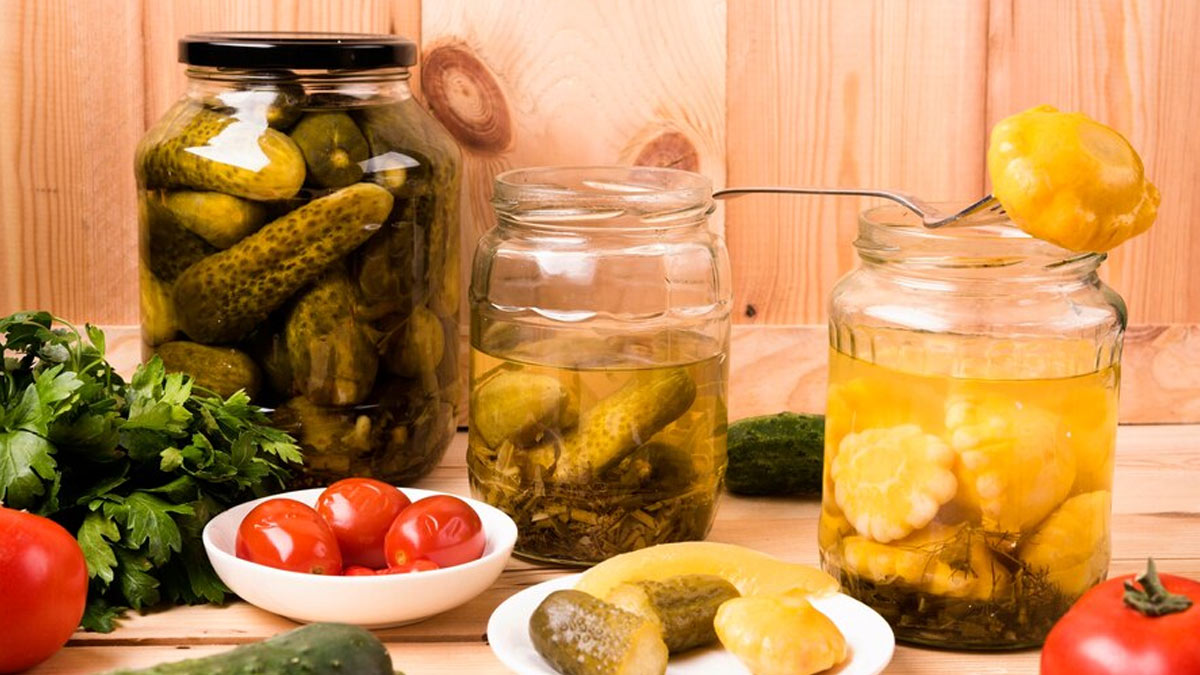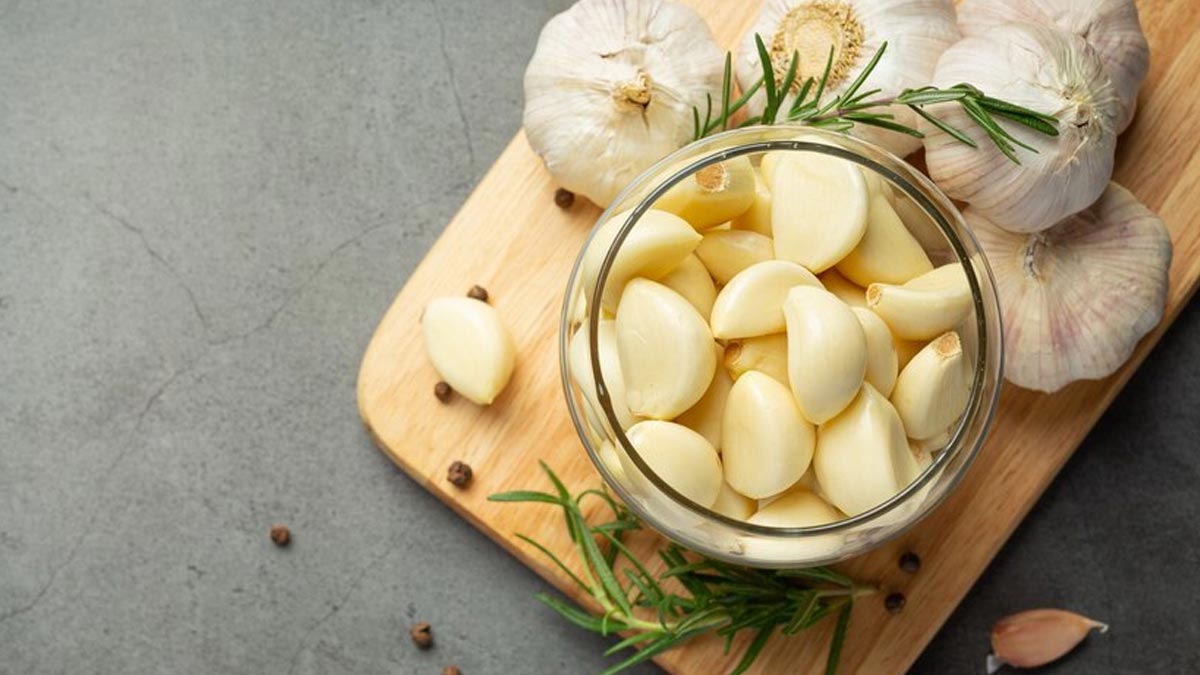
Do you know healing your gut is essential for general health since it plays an important role in everything from digestion and nutrition absorption to immune system function and mood control? A healthy gut microbiome, the community of beneficial bacteria in your digestive system, is essential for achieving this equilibrium. Including certain foods in your diet can dramatically enhance and maintain intestinal health. The following are some of the greatest foods to eat for a healthier gut:
Table of Content:-
1. Fermented Foods
As per Journal of Nutrients, fermented foods have been part of the human diet for about 10,000 years, and their diversity in the twenty-first century is significant. Fermented foods are excellent for gut health because they contain probiotics, beneficial bacteria that help colonise our gut with health-boosting microbes. Examples include:

- Yogurt (look for "live and active cultures" on the label)
- Kefir, a fermented probiotic milk drink
- Sauerkraut and kimchi, fermented cabbage that's rich in probiotics
- Kombucha, a fermented tea
- Miso and tempeh, which are fermented soy products
Also read: From Improving Gut Health To Preventing Cancer: Health Benefits Of Orange Peel
2. High-Fibre Foods
Fibre is essentially the favourite food of your gut bacteria. Eating a diet rich in diverse fibre sources can help increase beneficial bacteria in the gut. High-fibre foods include:
- Legumes (beans, lentils, peas)
- Whole grains (oats, quinoa, whole wheat)
- Vegetables (broccoli, Brussels sprouts, carrots)
- Fruits (bananas, apples, berries)
3. Prebiotic Foods
Prebiotics are types of dietary fibre that feed the good bacteria in your gut. This helps the gut bacteria produce nutrients for your colon cells, leading to a healthier digestive system.
- Prebiotic-rich foods include
- Garlic and onions
- Asparagus
- Bananas
- Chicory root
- Jerusalem artichokes

4. Bone Broth
Bone broth is rich in collagen and amino acids such as glutamine, which can help repair intestinal barriers and support the integrity of the gut lining. Consuming bone broth may be beneficial for those with leaky gut syndrome or other inflammatory bowel diseases.
5. Polyphenol-Rich Foods
According to Frontiers of Nutrition, polyphenols are plant compounds that have various health benefits, including reducing inflammation, lowering blood pressure, and improving gut health. Foods high in polyphenols include:
- Blueberries and blackberries
- Dark chocolate and cocoa
- Green tea
- Almonds and walnuts
- Olive oil
6. Fatty Fish
Rich in omega-3 fatty acids, fatty fish like salmon, mackerel, and sardines can help reduce intestinal inflammation, promoting a healthy gut. Omega-3s are crucial for overall health, including brain function and heart health.
Also read: Microbes In Gut May Contribute To Social Anxiety Disorder: Study
7. Ginger
Ginger can help stimulate saliva, bile, and gastric enzymes that aid in digestion, making it easier for food to pass through the GI tract. It's also beneficial for soothing the stomach and reducing nausea.
8. Water
While not a food, staying hydrated is critical for maintaining the mucosal lining of the intestines and balancing good bacteria in the gut. Aim for at least 8-10 glasses of water a day, or more if you're active.
To optimise gut health, consider incorporating a variety of these foods into your diet. Start with small portions to see how your body reacts, especially with high-fibre and fermented foods, as they can sometimes cause bloating or gas in sensitive individuals. Over time, these foods can help heal your gut, reduce inflammation, and improve your overall health and well-being.
Also watch this video
How we keep this article up to date:
We work with experts and keep a close eye on the latest in health and wellness. Whenever there is a new research or helpful information, we update our articles with accurate and useful advice.
Current Version